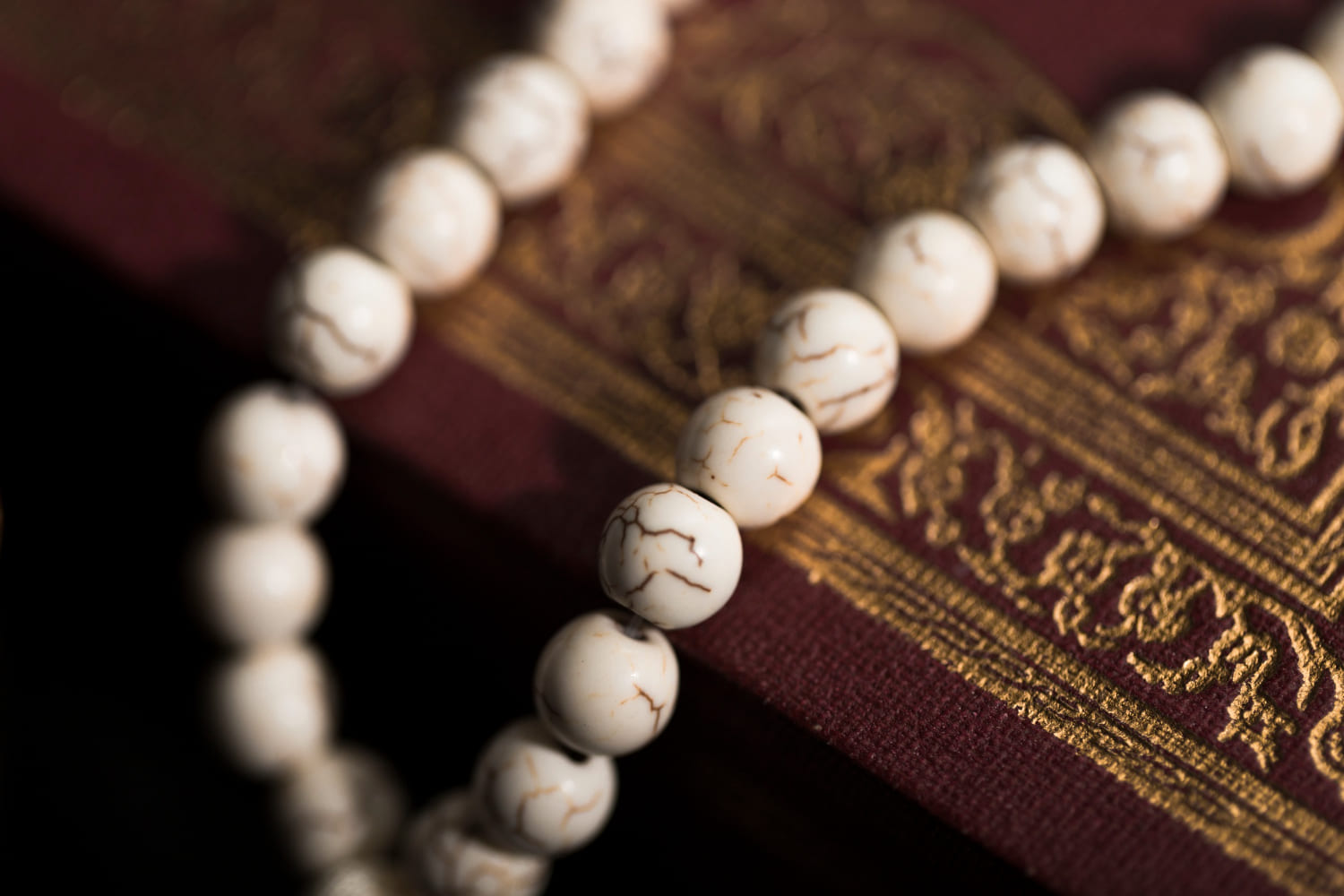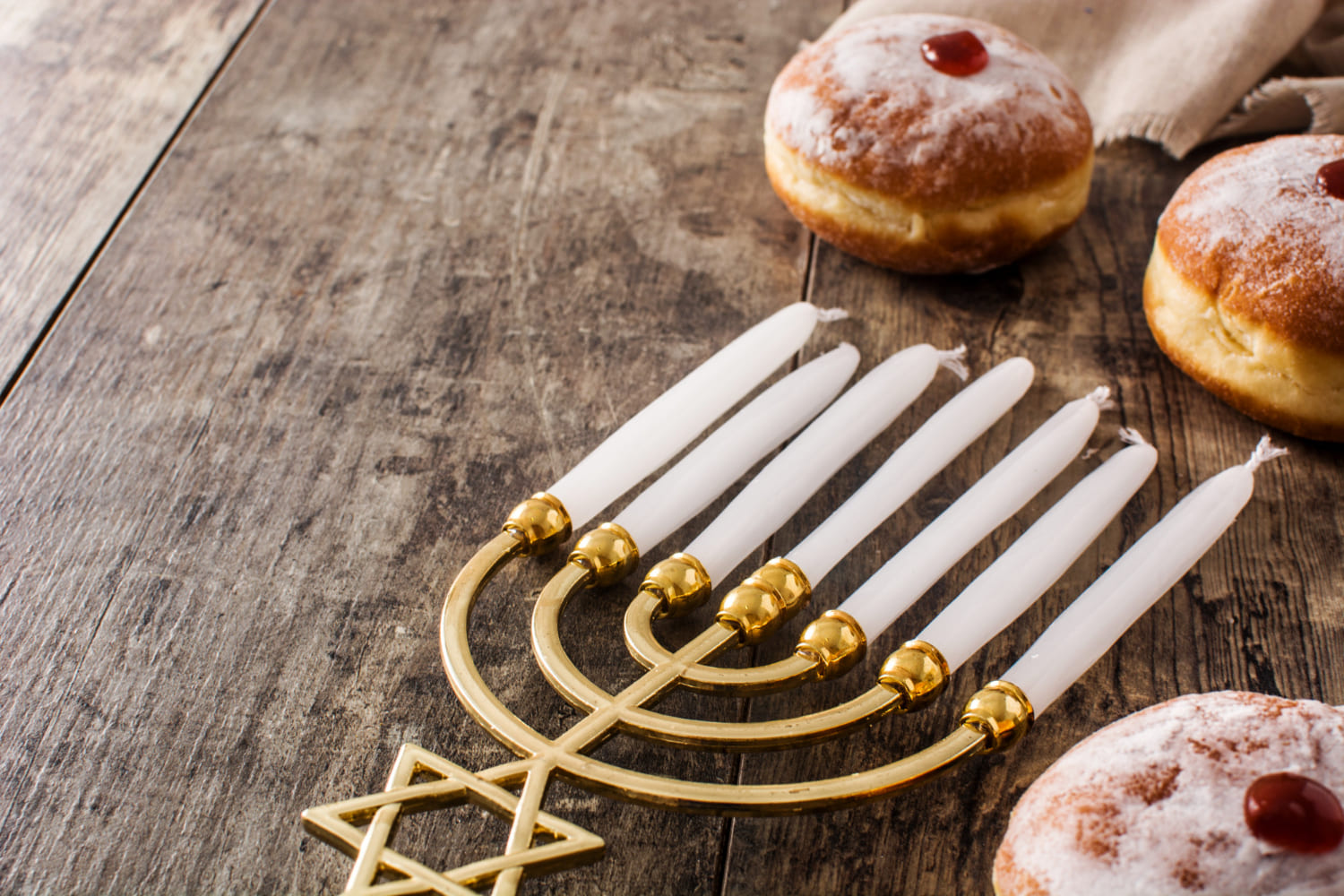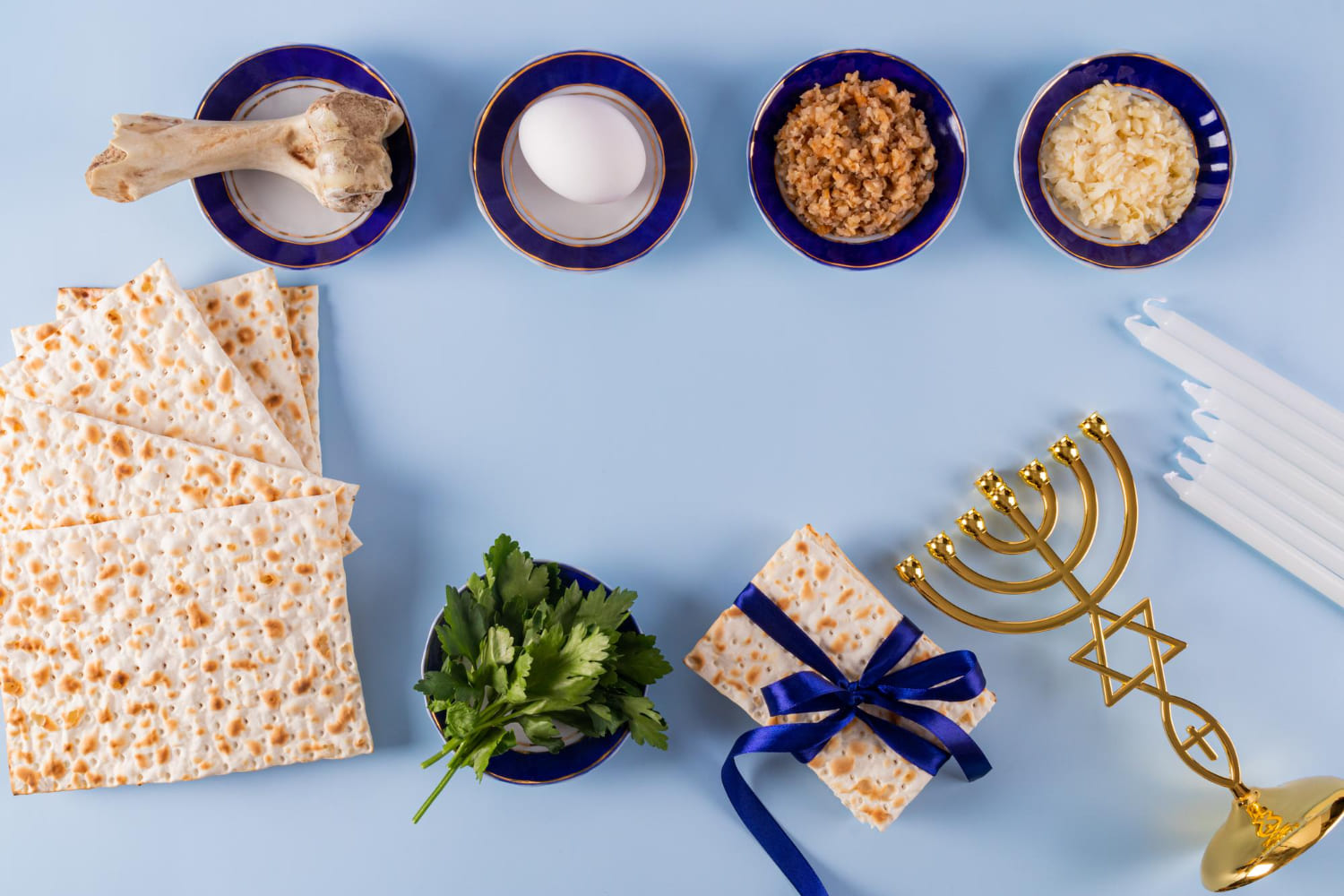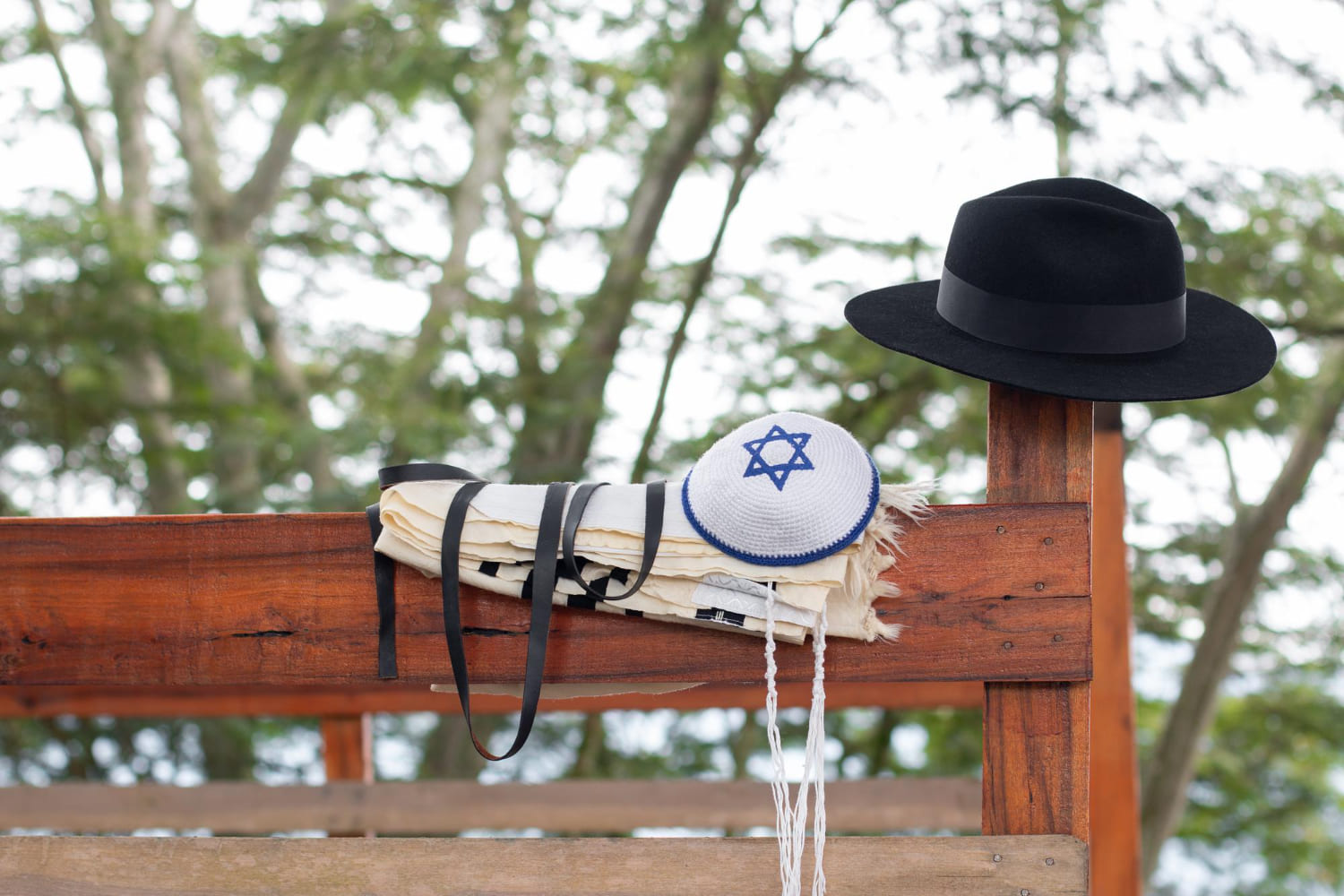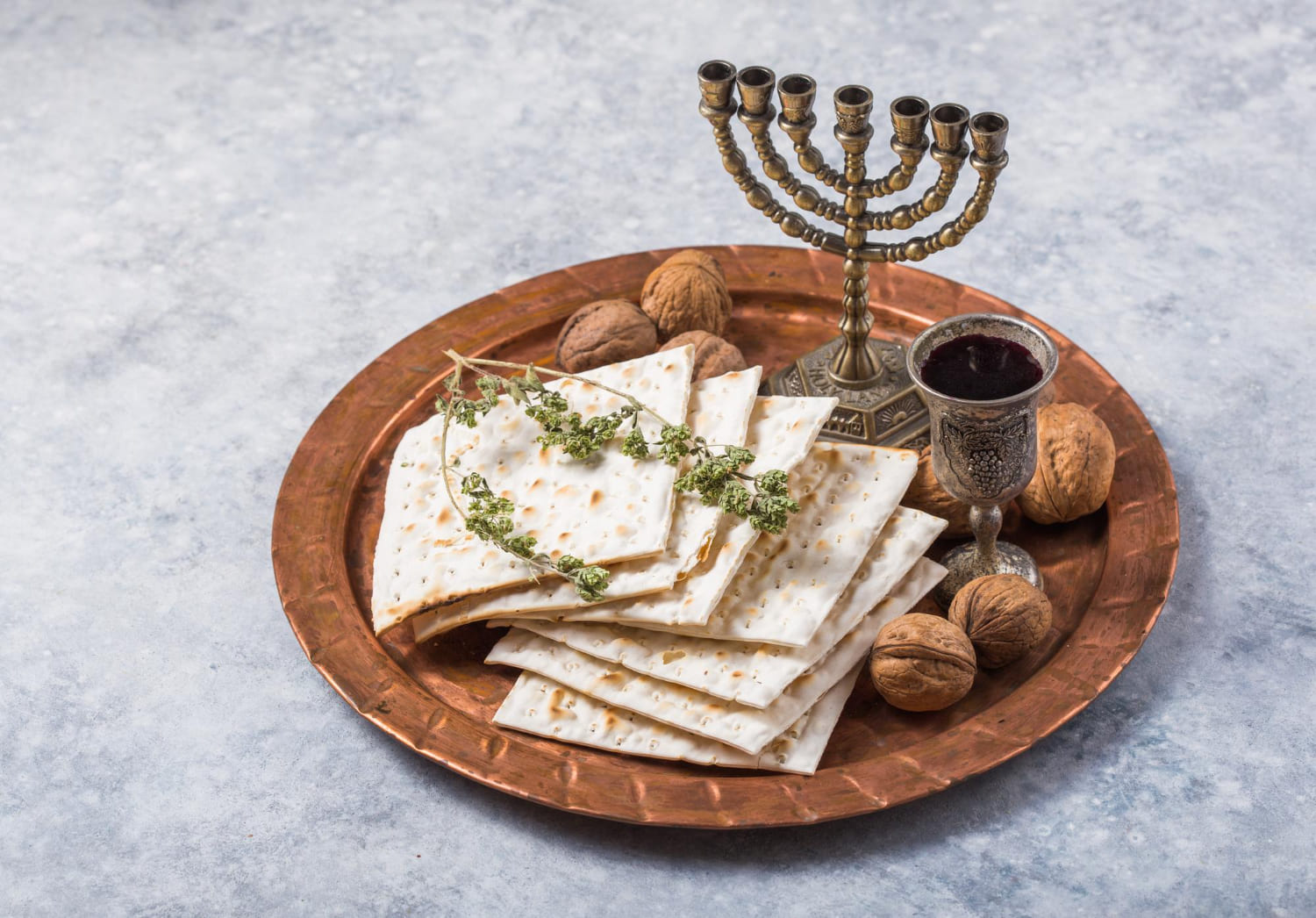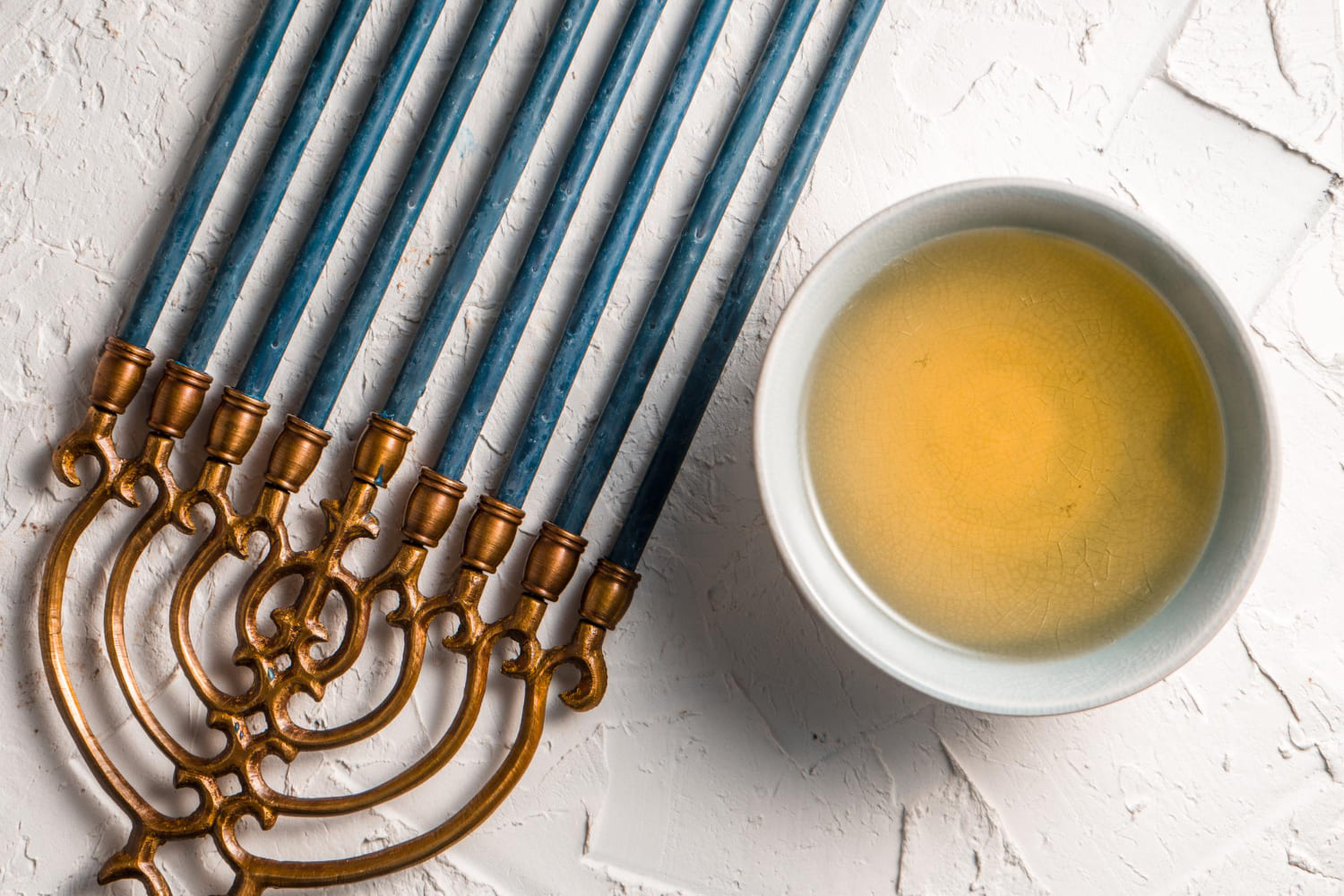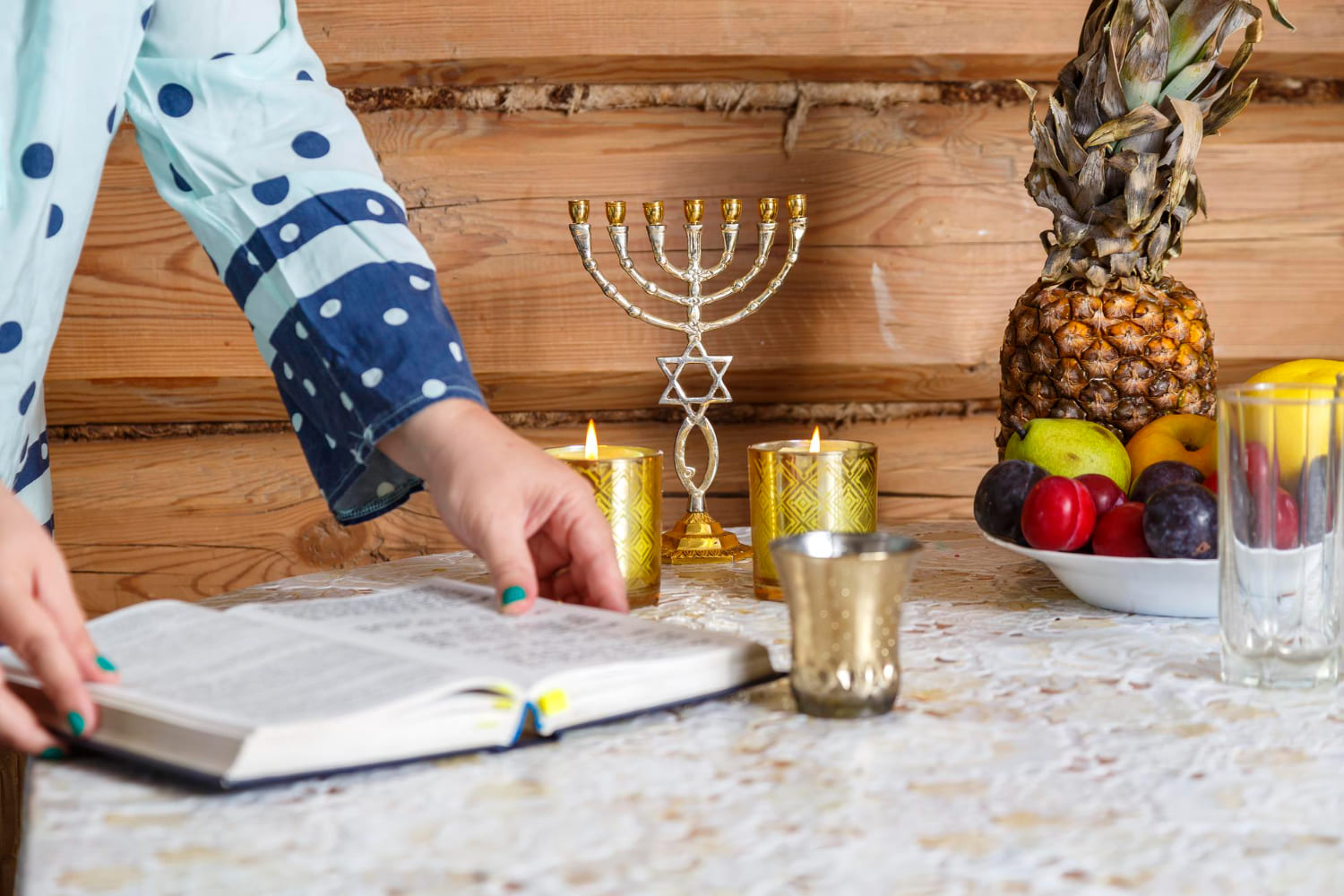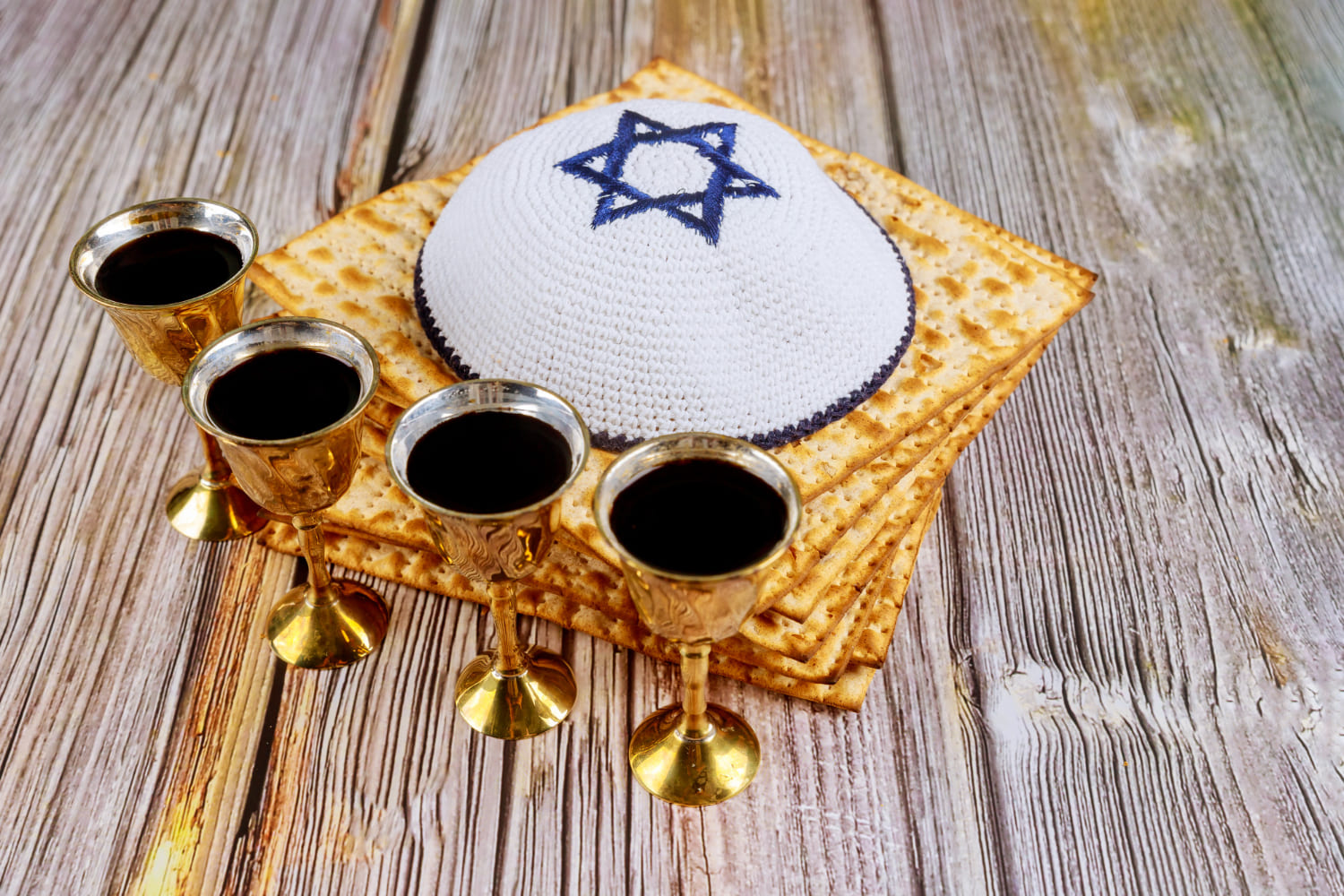To celebrate or not to celebrate? That is the question. While the Jewish faith doesn’t recognize Christmas and Easter on religious grounds, making the call on whether or not to partake in more secular holidays can be tricky.
So, how do Jews feel about celebrating Halloween?
Many Jews who associate Halloween with paganism, Christianity, and anti-Semitic innuendos choose not to celebrate, while other Jews see nothing wrong with joining in on what they consider a secular celebration of American culture.
Whether or not a Jew observes Halloween depends largely on their own perspective of its social significance.
This article offers a quick look at the origins of Halloween, some key Jewish teachings on holidays, and how the social aspect of this American tradition can impact a Jew’s stance on if October 31st is a day of dressing up and cavities-to-be, or just another box on the calendar.
The Multifaceted History of Halloween and Judaism
Today’s Halloween is what many American kids would consider a dream come true—a season of dressing up, watching movies, sugar highs, and the chance to stay up past bedtime (even on a school night!).
But this seemingly kid-friendly holiday didn’t start off as all fun and games.
Historians often consider Halloween’s origins to date back over 2,000 years to a Celtic festival marking a night when the souls of the dead returned to wreak havoc on the earth while their presence enhanced the prophetic abilities of the Celts’ pagan priests.
As part of the celebration, the Celts dressed in costumes and performed animal sacrifices.
Later, when the region fell under Roman control, the holiday blended with Christian traditions to honor the souls of the dead, which often involved celebrating by dressing up as Christian saints and martyrs.
Following the European settlement of American lands, the holiday became more about community socialization, which gave rise to the modern trick-or-treat tradition.
Today, Halloween has become one of the most expensive national holidays, and according to financial experts, in 2022, Americans spent over $10.6 billion on Halloween. Now that’s scary!
Jewish Traditions and Non-Jewish Holidays
Jewish teachings forbid celebrating another religion’s holidays to prevent idolatry and non-Jewish worship.
For some Jews, Halloween’s ties to paganism and Christianity outweigh its modern secularization and place it in the “do not celebrate” category.
Many Jews also consider Halloween’s focus on death to go against the faith’s strong promotion of life.
Furthermore, some Jews take offense at the origins of many iconic Halloween characters, like witches, whose pointy hats allude to dress codes historically imposed on Jews and whose long hooked noses are often associated with anti-Semitic stereotypes.
Learn more about the troubled history of Judaism and witches in this video from a historical costume specialist.
Many Jews also note the similarities between Halloween and the Jewish holiday Purim, which also involves dressing up (though in somewhat less ghoulish costumes), coming together with others for community celebrations, and exchanging food gifts.
But since Halloween is a secularized American tradition that takes place in October and Purim is a distinctly Jewish holiday in February or March, the two are not as comparable as their similar traditions may initially lead you to believe.
Culture, Community, and Children in America
With the month-long build-up to Halloween, featuring pumpkins, goblins, witches, candy, costumes, class parties, movies, and everything in between, it’s hard to steer Jewish children clear of all the holiday commotion.
To some Jewish parents, this Halloween hype creates a dilemma. Should they let their kids trick-or-treat like the neighbors?
Purim may provide a similar opportunity to dress up and enjoy community celebrations, but as it takes place in the spring, many Jewish children may feel left out of fall-time seasonal activities.
Unlike Christmas and Hanukkah, which are fairly close on the calendar, Purim and Halloween are several months apart. This begs the question, can Jewish children celebrate both?
While Jewish teachings prohibit adopting other religious holidays, they encourage blending into society and celebrating events in the wider community.
Halloween witches and werewolves may be less than friendly, but what could be more community-building than neighbors opening up their homes for family parties and sharing treats with excited little ones?
For many Jews, the final decision on Halloween in all its gore and glory is a matter of perspective.
Some may find the holiday’s pagan beginnings and anti-Semitic influences more than enough to dissuade their participation in the holiday, while others may consider Halloween a nonsecular and relatively inoffensive day of celebrating American culture.
Conclusion
To celebrate or not to celebrate, is a personal question.
Life is never just black and white (or should we say black and orange?), and many Jews fall somewhere between the extremes of condemning the holiday as a pagan festival and spending weeks on the hunt for the most macabre costumes and decorations.
In the end, it all bubble-bubble-boils down to perspective.
